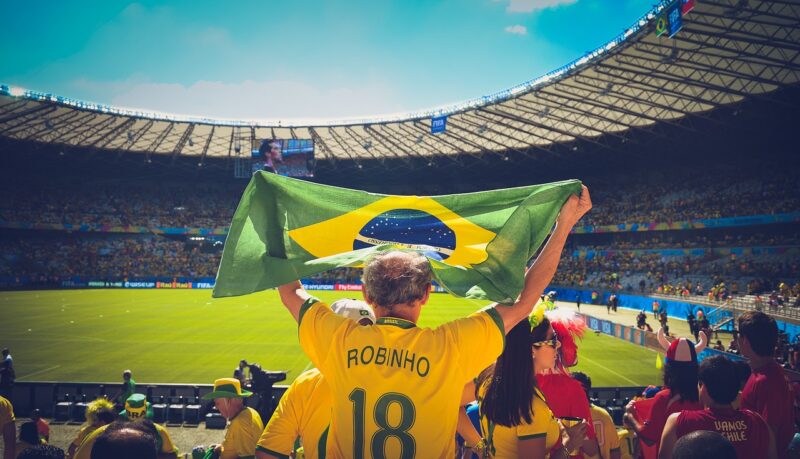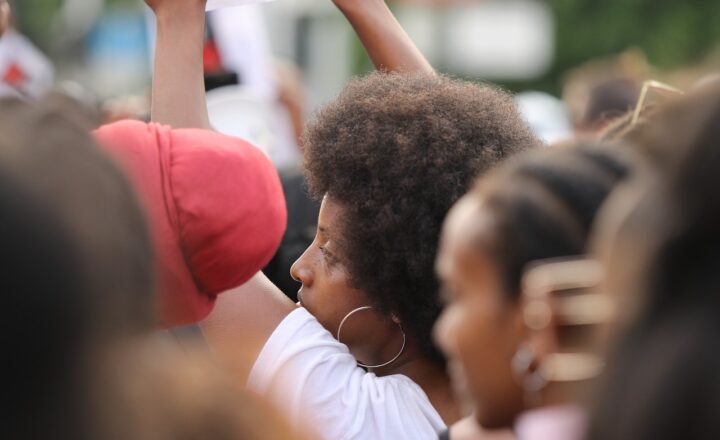
The intersection of sports and politics is a rich tapestry of history, culture, and societal change. Major events in the world of sports have often transcended the playing field, serving as catalysts for political dialogue and social movements. In this article, we will explore the profound impacts of notable sports events on our society and how they have influenced public opinion, policy, and even international relations.
### 1. The Historical Context of Sports and Politics
The relationship between sports and politics has roots that stretch back centuries. From the ancient Olympic Games in Greece, which celebrated not just athletic prowess but also fostered peace among rival city-states, to modern events that have galvanized movements for civil rights and social justice, it is clear that sports can hold a mirror to society, reflecting its values and conflicts.
### 2. Iconic Moments That Changed Society
#### a. The 1968 Mexico City Olympics
One of the most potent examples of the intersection of sports and politics occurred at the 1968 Mexico City Olympics. During the medal ceremony for the men’s 200 meter race, American athletes Tommie Smith and John Carlos raised their fists in a Black Power salute, a powerful symbol of the ongoing struggle for civil rights in America. Their protest was met with significant backlash, but it also sparked a global conversation around race, equality, and the role of athletes in social advocacy.
#### b. Muhammad Ali and the Fight Against the Vietnam War
Muhammad Ali, one of the most famous boxing champions, refused to be drafted into the Vietnam War, famously stating, “I ain’t got no quarrel with them Viet Cong.” This stance resulted in Ali being stripped of his boxing titles and banned from the sport for several years. His actions brought attention to the anti-war movement and highlighted issues of race, identity, and personal conviction. The eventual reversal of his conviction in the Supreme Court became a significant moment in both sports and legal history.
### 3. Sports as a Platform for Social Change
Sports have increasingly become platforms for social change. Athletes today use their visibility to speak out on issues such as racial injustice, LGBTQ+ rights, and environmental concerns. The NBA, for example, has consistently supported movements like Black Lives Matter, encouraging players to express their opinions.
#### a. LeBron James and Activism
LeBron James has been vocal about various social issues throughout his career. In recent years, he established the “I PROMISE School” in Akron, Ohio, offering at-risk children a chance for a better future. Additionally, he has used his platform to discuss systemic racism and voter suppression, encouraging athletes to leverage their influence for societal good.
#### b. The Colin Kaepernick Movement
Colin Kaepernick, the former NFL quarterback, made headlines when he chose to kneel during the national anthem to protest police brutality and racial injustice. His actions ignited a national debate on patriotism, freedom of speech, and the right to protest. While Kaepernick faced significant backlash and was ultimately blacklisted from the NFL, his stand has inspired countless athletes across sports to voice their concerns and advocate for change.
### 4. The Global Stage: Transnational Impact of Sports
Sports events are not limited to the national stage; they have global repercussions as well. The FIFA World Cup, the Olympics, and other international competitions can significantly impact diplomatic relations and national identity.
#### a. The 1980 and 1984 Olympic Boycotts
The Cold War influenced sports on a monumental scale. The United States boycotted the 1980 Moscow Olympics in protest against the Soviet invasion of Afghanistan, and in retaliation, the Soviet Union and its allies boycotted the 1984 Los Angeles Olympics. These boycotts underscored how sports can be intertwined with international politics, affecting athletes and nations alike.
#### b. The Role of Sports in Reconciliation: South Africa
The 1995 Rugby World Cup in South Africa symbolized reconciliation and unity after years of apartheid. Nelson Mandela, donning a Springbok jersey, famously supported the national team, using the occasion to promote healing and unity among a divided nation. The event highlighted how sports can facilitate national healing and serve as a tool for identity formation.
### 5. The Future of Sports and Politics
As society continues to grapple with pressing political and social issues, the role of athletes and sports organizations in activism is likely to grow. Athletes like Naomi Osaka and Megan Rapinoe are leading the way in recognizing their platforms to advocate for change, encouraging a new generation of athletes to engage with political and social issues.
#### a. The Influence of Social Media
In the digital age, social media has provided athletes with amplified platforms to express their views and mobilize support. The ability to reach millions in an instant has transformed how sports and politics interact, allowing for real-time engagement and activism that can quickly go viral and reach beyond traditional media.
#### b. Challenges and Responsibilities
While athletes have the power to be influential advocates for change, they also face challenges, including backlash and the pressure to maintain their commercial value. Balancing activism with the demands of professional sports requires courage and conviction but also highlights the responsibility athletes have to use their influence thoughtfully.
### Conclusion
The relationship between sports and politics is complex and ever-evolving. Through major events, athletes have shaped societal views, raised awareness about pressing issues, and catalyzed important movements. As we look to the future, the role of sports as a voice for social justice and political change will undoubtedly persist, challenging us to reflect on the impact that sports can have both on and off the field. By exploring these connections, we can better understand the power of sports in shaping our societies and the world.








